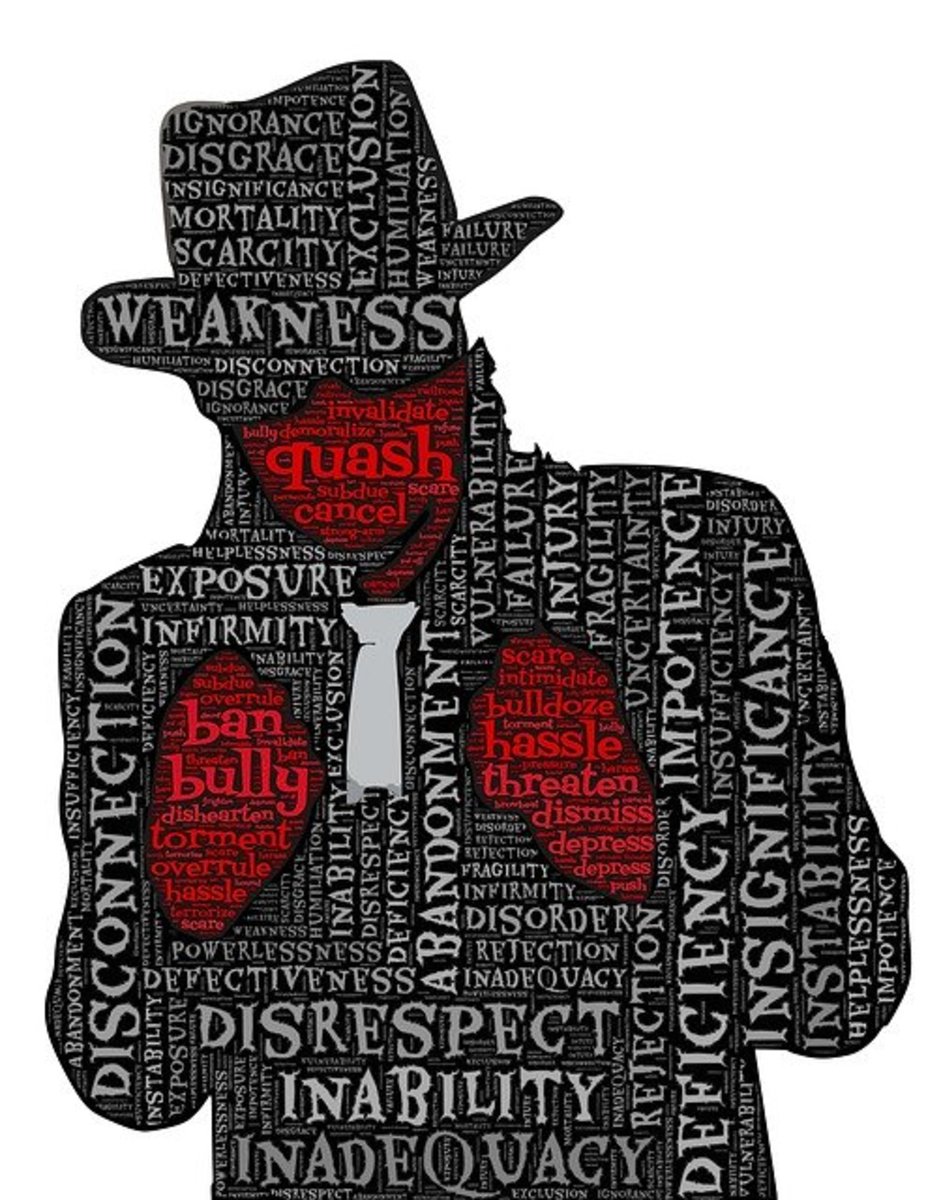How to Get Respect in the Workplace

Several months ago I had the opportunity to roll out a special training for managers. I called it Manager’s Mental Attitude training or MMA training. When I first came up with the idea, I had one thing in mind – change the perspective of managers on their roles as decision makers and leaders of the company. I asked them to come in jogging pants, t-shirt and rubber shoes as if they are going on an MMA boot camp. It was a break from the usual training in business attire so many were excited.
I did not call it MMA training for nothing. On this day, they did battle with themselves! Here, there were no draws or ties. When you do combat with yourself, you either win or lose. And everyone wanted to win!
Respect in the Workplace
I have not seen a workplace that did not exhibit some form of respect. Sure, some employees may harbor ill feelings for the boss or co-workers but there is still a level of civility practiced. Moreover, relationships within the organization follow a certain hierarchy whether this structure formal or informal. Suffice to say, the business organization cannot function without even the most basic manifestation of respect.
Although respect is exhibited and practiced at varying levels it is undoubtedly important in the workplace. As such, gaining respect regardless of one’s position is paramount to success. But the key question here is how to you get people to respect you?
1. Authority: Institutional Respect
Position – People are sometimes forced to “respect” you simply because of your position. But this type of respect is shallow and is often restricted to following instructions. Even then, some employees will deliberately ignore them. Using position can get things done in the short term. But excessive use can lead to a more adversarial relationship.
Seniority – Having the most experience brings respect. Compared to the position respect, this type of respect is deeper and more favorable. I had the chance to work with people who’s been with the company longer than anyone. Although they do not hold executive level positions, they commanded respect simply because they are veterans in the company.
Expertise –This time it’s the person’s knowledge and skills that is highlighted. Even if a person is new, when expertise is displayed, the person gains the respect of his colleagues (even the top guys).

2. Mirror Model
Many managers often resort to this respect strategy in the hopes that their actions will be reciprocated. As such, I also call this the golden rule strategy of respect. By showing respect to your employees and co-workers you gain their respect back. Give respect to gain respect - this is the fundamental idea of the mirror model. In the same manner, it is important to consider that once others interpret that you are disrespecting them, they will disrespect you back.
Although setting one’s self as an example to others is important, remember that there will be times when you will assert your authority and this can be misconstrued as disrespecting them.
The mirror model is one of the most widely used strategies of getting respect especially when interacting with a stranger.

4. Emotional Bank Account
I first encountered this term from Stephen Covey. Investing in people is more than just a cost-benefit study. Moreover, investing emotionally in your human capital is a vital part in motivating and maintaining respect. Managers and supervisors must establish rapport by creating an emotional back account. This includes having a more personal involvement in their development.
- What have you personally done for the person?
- Have you created trust between you and your team members?
- Can your employees come to you without fear?
Nurturing workplace relationships
- Principles of Effective Communication We Take for Granted
- Corporate Culture: How to Maintain Positive Relationships in The Office
- Management Failure: The Minion-Minded Manager
- Accountability - The Art of Owning the Task
- Realigning Employee Goals - Employees Must Know the Corporate Goals and Direction
- How Excellent Teams Help Each Other Grow
- The Art of Looking Busy – Improving Corporate Culture and Performance
- How to Give Feedback to Your Boss without Getting Fired
- How to Become an Extraordinary Employee and Get Higher Pay
- Corporate Culture and the Prima Donna Employees - Dealing With Difficult People
3. Track Record
This is not merely a roster of your credentials. Instead, it focuses on what you have done that is relevant to your company, your department or your tasks. Moreover, your accomplishments or lack thereof will be scrutinized. Your failures will be highlighted and will have a drastic effect on how people will see you. Furthermore, this perception will influence the level of respect that your team will have for you.
5. Manifestation of Values
Lastly, managers and supervisors gain respect because their subordinates see what you believe in. Your passion to achieve your goals and the values that underline your actions are clearly seen. In the same manner, they have an idea what you value most. Moreover, your integrity and character are constantly being scrutinized and you pass with flying colors.
By the end of the MMA Training, the participants got a fresh new look at their own idea of respect. Their value system was put to the test and perspective broaden. It was a mentally and emotionally exhausting day. This time, I like to think that everyone came out victorious. They took home a new found perspective of respect. Now the hard part begins - gaining the level of respect they want from their co-workers.
The workplace can benefit when there is respect. Relationships will thrive and productivity will soar. So what are you doing to earn the respect of your co-workers?
Quick Queries
- Do you think you get enough respect in the office? Why? Why not?
- What do you do to make sure people respect you in the workplace?
- How do you show your respect for others?








